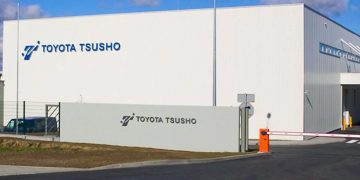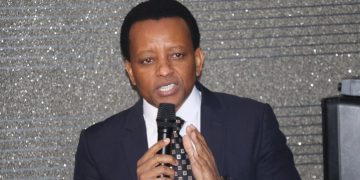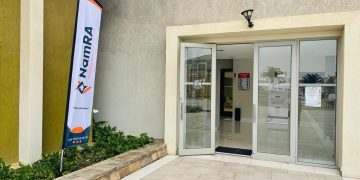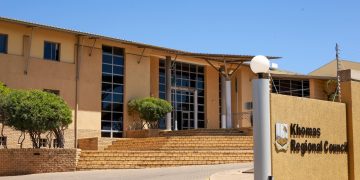
Namibia is uniquely positioned to become a leader in Africa’s circular economy and green transition by building on its strong infrastructure, young workforce, and natural resources.
According to Deputy Head of Mission at the Embassy of Finland Sakarias Rantala, Namibia’s advantages include an entrepreneurial and educated workforce, vast natural resources like minerals, sunlight, wind and progressive environmental legislation.
During the World Circular Economy Forum (WCEF) 2025 Studio event held in Windhoek, he said these factors provide significant potential for producing green energy and synthetic fuels.
He also noted that Namibia has some strong legislation concerning the environment and waste management, and it has adopted an innovative approach to attract investment into sectors with the potential to diversify the economy and create more jobs.
“The green and circular economy is definitely among these sectors where there are great opportunities in Namibia. What is needed now is connection, collaboration, and the space to experiment,” he said.
The WCEF2025 Studio forms part of a global network of events complementing the main World Circular Economy Forum, fostering regional perspectives and practical dialogue.
Rantala also shared Finland’s experience as the first country to adopt a national circular economy roadmap in 2016, which has accelerated its path toward carbon neutrality by 2035.
“This journey has also given Finnish companies a competitive edge. Today, many of them are global leaders in fields like bio-based packaging, renewable energy solutions, and sustainable materials. Circularity, in other words, has not held us back. It has pushed us forward,” he said.
From the local government perspective, the City of Windhoek’s Section Head for Solid Waste Management, Gideon Hengari, spoke about the City’s commitment to environmental sustainability and waste management innovation.
“Windhoek held the title of Africa’s cleanest city for many years. While we may not be number one anymore, I truly appreciate the cleanliness of our city and country. Kudos to all of us,” Hengari said.
He detailed how the City’s approved waste management policy and international partnerships have supported circular economy initiatives.
“Through a €14 million grant from the EU, we supported six waste-focused startups that recycle plastics, tyres, paper, and other materials. These small enterprises are transforming waste into valuable products and creating jobs,” Hengari explained.
A key project highlighted was the development of Windhoek’s Biodiversity Centre, which encourages residents to view waste as a resource and supports innovative waste conversion methods.
“Our Biodiversity Centre encourages residents to view waste as a resource. Materials that cannot be sorted are converted into fuel for cement production. These initiatives reflect our commitment to innovation, sustainability, and livelihoods,” said Hengari.
The WCEF 2025 is scheduled to take place in São Paulo, Brazil, from 13 to 16 May 2025.













